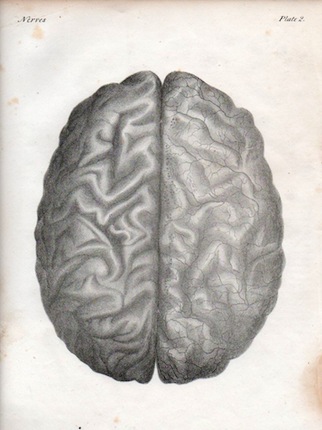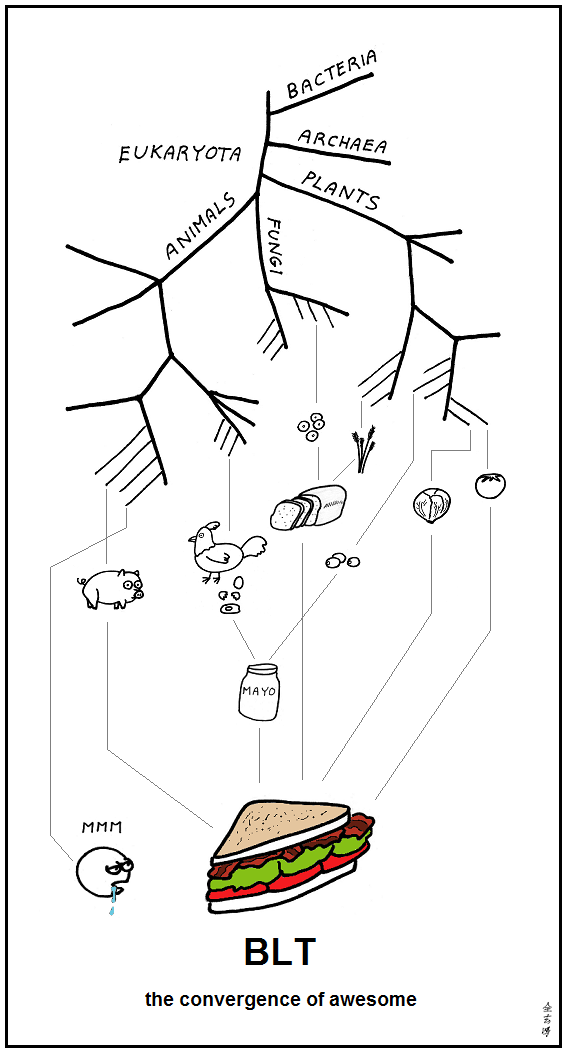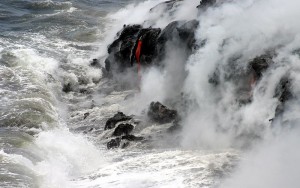“What can we do about high school physics textbooks?”
The question, I admit, stumped me. Not in the way that a question about whether gravity exists in other universes would stump me. That question I wouldn’t be able to answer because there isn’t an answer; the existence of other universes is speculative. This question, however, I couldn’t answer simply because I didn’t know that there was anything to be done about physics textbooks. I admitted my ignorance, said I would have to educate myself, and called on another raised hand.
Still, I couldn’t stop thinking about the question. It came during a Q&A session after a talk I gave last month at Lawrence Berkeley National Laboratory. I had just spent 45 minutes explaining to an auditorium full of about 150 physicists the methodologies I use in trying to make science accessible to non-specialist readers, and I had been reading passages from my new book to illustrate my points. That whole discussion, I now realized, was predicated on the assumption that readers come to astronomy or cosmology knowing basically nothing about the physics of the universe, much like I do before I start my research. This ignorance isn’t exactly a given; questions about Newtonian dynamics or antimatter occasionally arose during my book tour. But if my overall experience was any indication, ignorance is a safe bet. Continue reading







